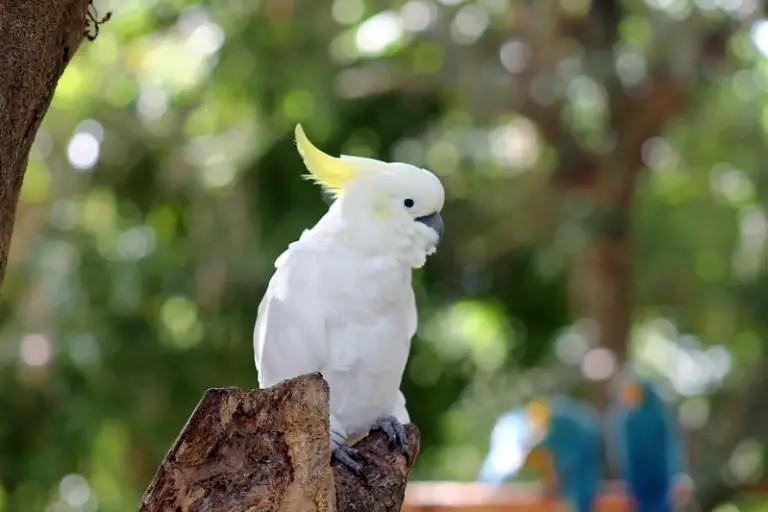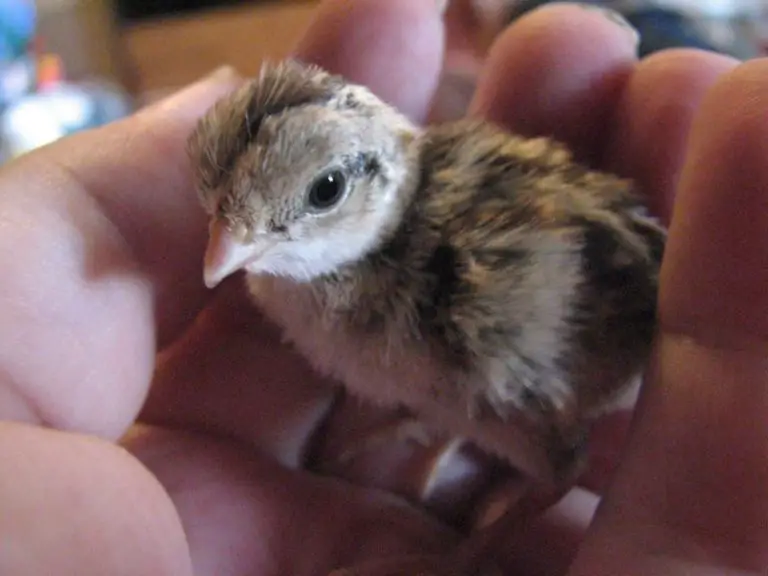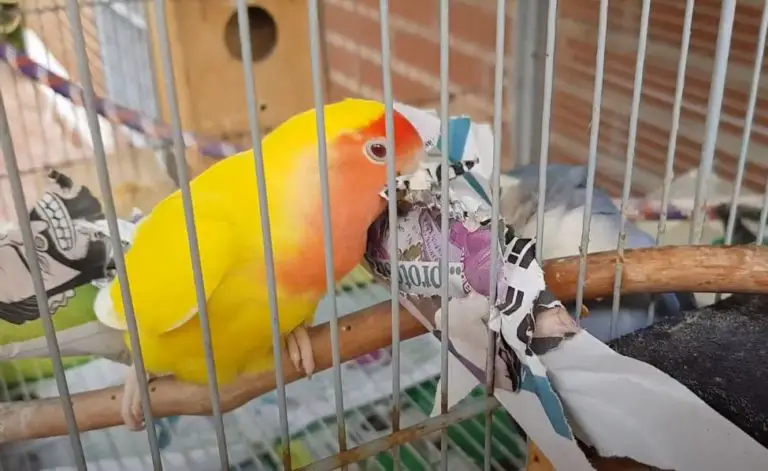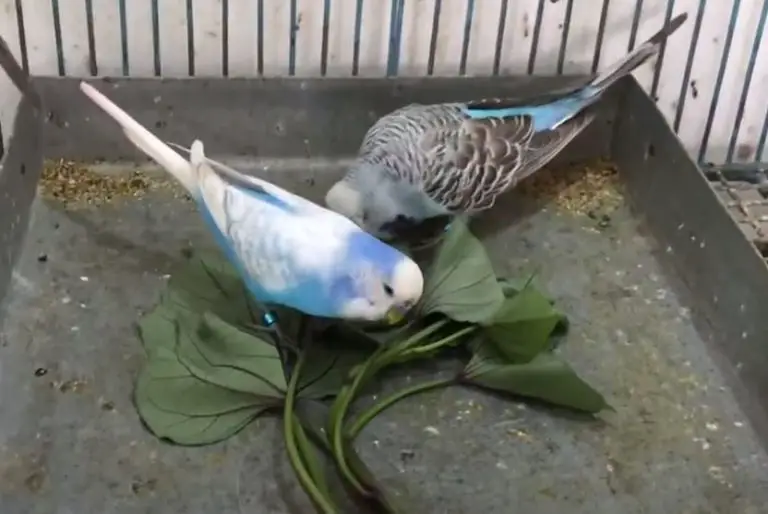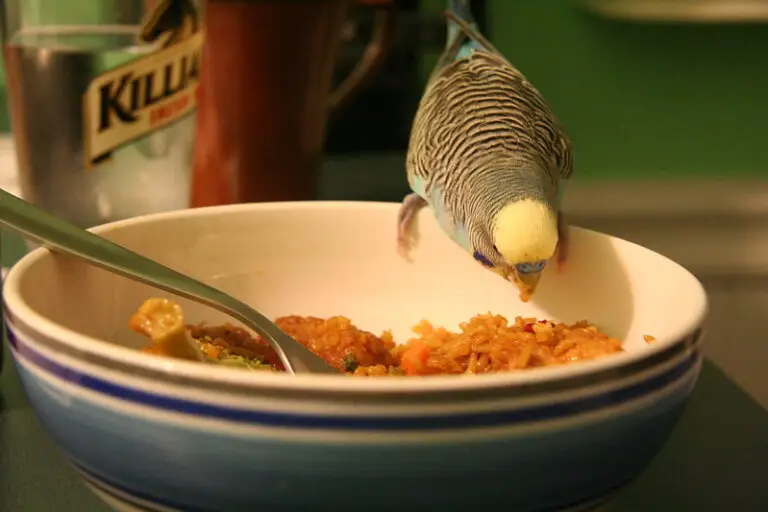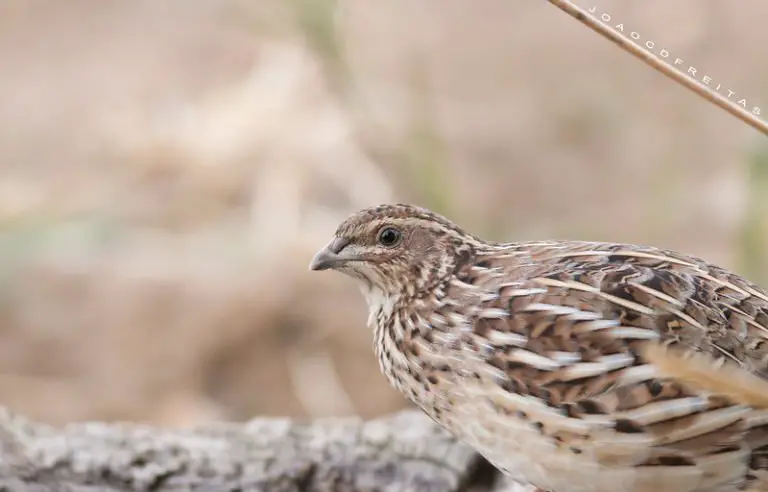4 Main Reasons Why Your Bird Sits On The Bottom Of Its Cage
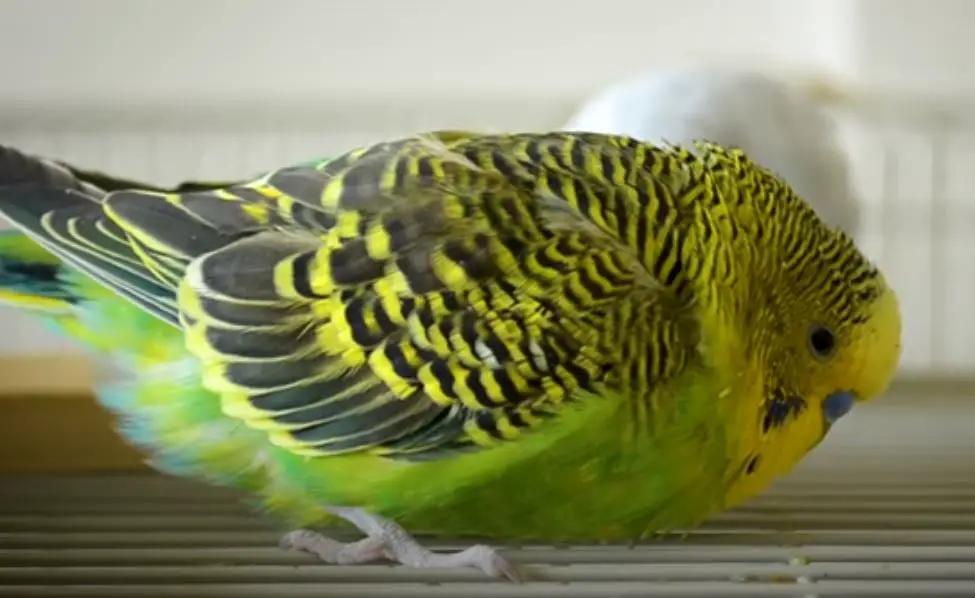
It is not normal to find your bird quiet for a long period of time on the floor of the cage, if you find your canary, budgie, cockatiel, love bird, finch, parrot or any type of bird at the bottom of the cage, it is really a sign that the bird is not well physically.
Generally, a bird in good condition, perches on tree branches or on the top of the cage, and always maintains a lively attitude.
If a bird sits on the bottom of its cage it is always a sign of illness, because a bird would not voluntarily sit on the ground because it feels unsafe there and is threatened by enemies. So he only does that when he is too weak, due to illness or injury.
A bird on the floor of the cage with difficulty climbing the poles may be indicative of a blow, extreme weakness, low calcium or blood sugar, liver failure, or an illness that has progressed.
Another reason why a bird may be sitting at the bottom of the cage is due to the heat. When the ambient temperature is noticeably high, some birds go down to the bottom of their cage and if they have sand in the cage, they expand their wings to feel cooler.
But this reason is less probable than those initially exposed, although with this information you can visually detect which of the reasons your bird is at the bottom of its cage, because of illness-lesion or due to overheating.
In this topic we will elaborate on the common causes of why this occurs and what you should do about it.
1-Physical trauma by accident
Flying accidents in birds are more frequent than you might imagine. Many birds such as parakeets are fast fliers that can perform spectacular flight maneuvers.
But even in a familiar area, it can happen that a bird collides with an obstacle. If you notice that your bird after a flight is visibly dazed on the ground or at the bottom of its cage, it may have suffered trauma from a collision, possibly accompanied by a concussion.
2-Illnesses
I know this may seem very obvious, but in reality there are several diseases that a bird can suffer, at the beginning of the topic we mentioned some of the most common ones.
The thing with birds and diseases is that they are difficult to notice at the beginning, when the bird is at the bottom of the cage fluffed up without moving it is because it is already in an advanced stage of its disease and you must act quickly.
Noticing a disease in a bird is sometimes complicated, as birds usually do not show the symptoms of the disease until it is already very advanced.
In many cases, the bird has already hidden the signs of its disease successfully for some time. In the wild, this is a sensible survival strategy, because sick birds are easy prey for predators.
You should watch your bird’s behavior closely every day, so you can notice small changes in its behavior and how it might be getting worse every day.
These are signs to tell when a bird is sick:
- Segregation from the swarm
- sleepiness
- Apathy, disinterest in the partner
- Loss of appetite
- Crouching, legs apart, sitting posture
- Constant sitting on the floor
- Changes in the feces
- Restlessness, nervousness
- Noticeably frequent, hectic cleaning
- Puffed plumage
- Breathing noises, also with tail rocking
- Glued anus and head plumage
3-Poisoning
Birds tend to be very curious and get their beaks into things they shouldn’t or even dangerously.
Make sure that the rooms in which your birds have free flight are bird-proofed so that the animals can’t reach poisonous substances in the first place.
If it should happen and a bird nibbles on a poisonous houseplant or ingests heavy metal particles (lead, zinc, copper, e.g. by gnawing on a wire), symptoms such as apathy, indifference, and trembling may occur.
Do not waste time and take the bird to a veterinarian if you notice these symptoms.
4-Digestive disorder
This should go in the same category of illnesses, but I decided to put it aside to highlight this point.
if the bird obviously has diarrhea or polyuria – an increased amount of urine in the feces -, the feathers stick together, or if it is difficult to deposit large or hard balls of feces interspersed with undigested food, there is a digestive disorder.
If the symptoms persist for several hours, medical advice is required. Diarrhea can become fatal after just twelve hours as a budgie becomes dehydrated quickly.
Final advice
I can’t advise you to resolve this situation by giving first aid directly to your bird, the most sensible advice anyone would give you is to take your bird to the vet as soon as you can.
On your part the best thing you can do is to be constantly on the lookout for changes in your bird’s behavior because if you are careless it could be too late, once the bird shows advanced signs of deterioration and is cornered at the bottom of the cage, it is because the condition is serious.

